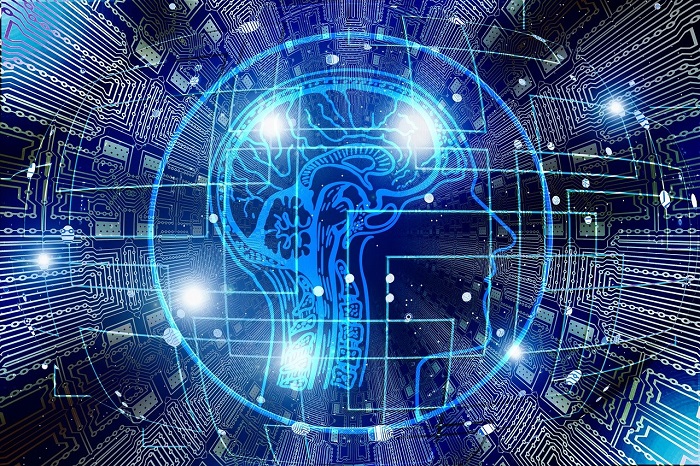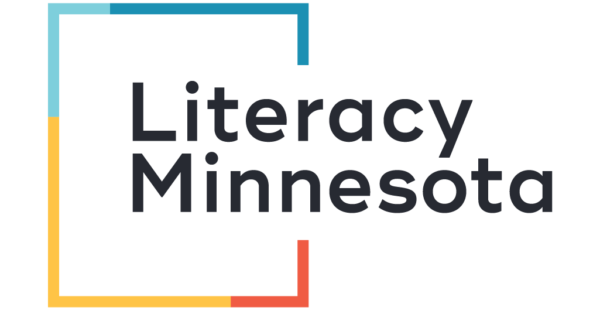- MN ABE Connect
- Archive
- Special Funding Provides Opportunity to Enhance Distance and Online Learning
 June 18, 2021
June 18, 2021
Special Funding Provides Opportunity to Enhance Distance and Online Learning
Tom Cytron-Hysom, DL ConsultantThe one-time Minnesota Adult Education allocation of $10 M for FY22 offers a great opportunity for long-term planning and capacity building. As programs continually adjust to the unfolding aftermath of the pandemic, as well as a rapidly changing labor market with shifting employment patterns and skill needs, this funding can help Minnesota respond creatively to the changing landscape.
On major element that emerged during the pandemic is the crucial need for digital literacy skills, both for learning and employment. One definition of digital literacy, developed by Northstar, is:
“The ability and knowledge needed to access and operate internet connected devices, to successfully use commonly available software, and to navigate and utilize online resources, in order to effectively communicate and complete social and work-related tasks in a virtual space.”
Meeting these needs effectively is increasingly central to our work.
How could programs use this funding?
There are many ways in which programs might choose to use this one-time funding to creatively adapt to student needs. Overall, programs might begin with an environmental scan to identify new skills sets and career pathways that might be needed, and collaborative approaches between consortia that might be helpful. The next step could be identifying specific components that need to be in place to prepare students for evolving workforce changes, and how to most effectively deliver them.
Based on our experience over the past 15 months, it’s clear that a significant portion of our education services will continue to be delivered online, and that digital literacy is required for effective distance learning. Some specific ways in which the one-time funds might be used to help meet these needs include:
- Providing additional time for teachers to learn the TVM process, and to develop TVM materials (watch the DL Support Services website for detailed information on the teacher certification process).
- Developing courses/curriculum on a Learning Management System (LMS): This allows efficient and coordinated delivery of content, time-on-task tracking, etc.
- Upgrading computer and technology resources onsite: This can begin with a detailed review of current resources, and then identifying what is needed to meet current and projected instructional needs.
- Providing computers and hotspots for learners: Many adult learners still suffer from lack of devices and internet access. Whether on a loaned or gifted basis, these resources can make all the difference between success and failure.
- Developing and implementing digital navigation: Computer and internet skills are just as important as devices and access. Digital navigation, whether provided by staff or volunteers, can be an important element that greatly impacts student achievement.
- Purchasing software licenses for DL platforms: Programs may want to pay for several years at once, which often provides a discount.
 Need assistance to figure out your options?
Need assistance to figure out your options?
These and other innovations can help adult education programs develop strategies and services that build capacity and can generate contact hours to become self-sustaining over time. DL Support Services staff are available to consult on options, at [email protected]

Newsletter Signup
Get MN ABE Connect—the official source for ABE events, activities, and resources!
Sign UpArticle Categories
- ABE Foundations/Staff Onboarding
- ACES/Transitions
- Adult Career Pathways
- Assessment
- CCR Standards
- Citizenship
- COVID-19
- Cultural Competency
- Digital Literacy/Northstar
- Disabilities
- Distance Learning/Education
- ELA
- Equity/Inclusion
- ESL
- HSE/Adult Diploma
- Listening
- Math/Numeracy
- Mental Health
- Minnesota ABE
- One-Room Schoolhouse/Multilevel
- Professional Development
- Program Management
- Reading
- Remote Instruction
- Science
- Social Studies
- Speaking/Conversation
- Support Services
- Teaching Strategies
- Technology
- Uncategorized
- Volunteers/Tutors
- Writing